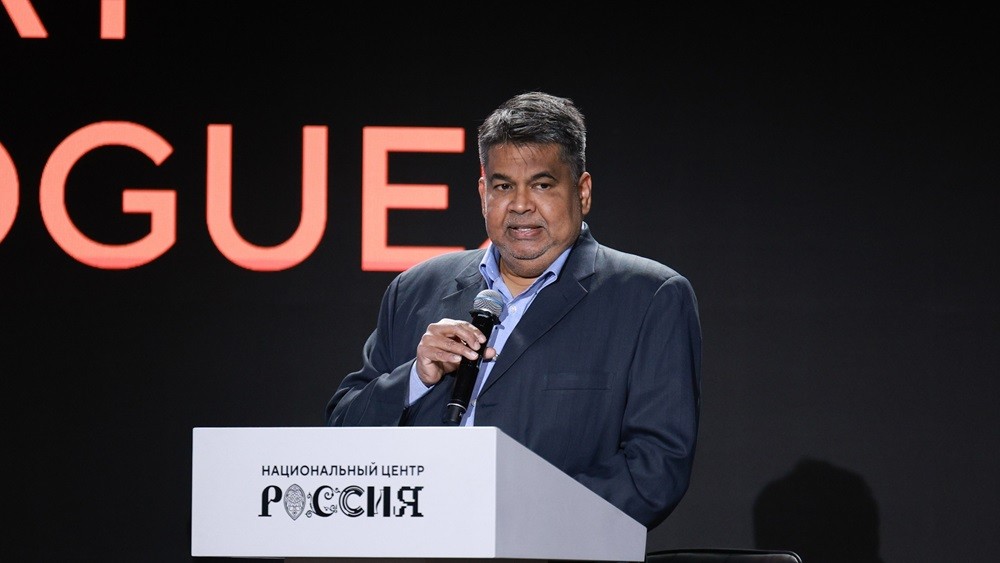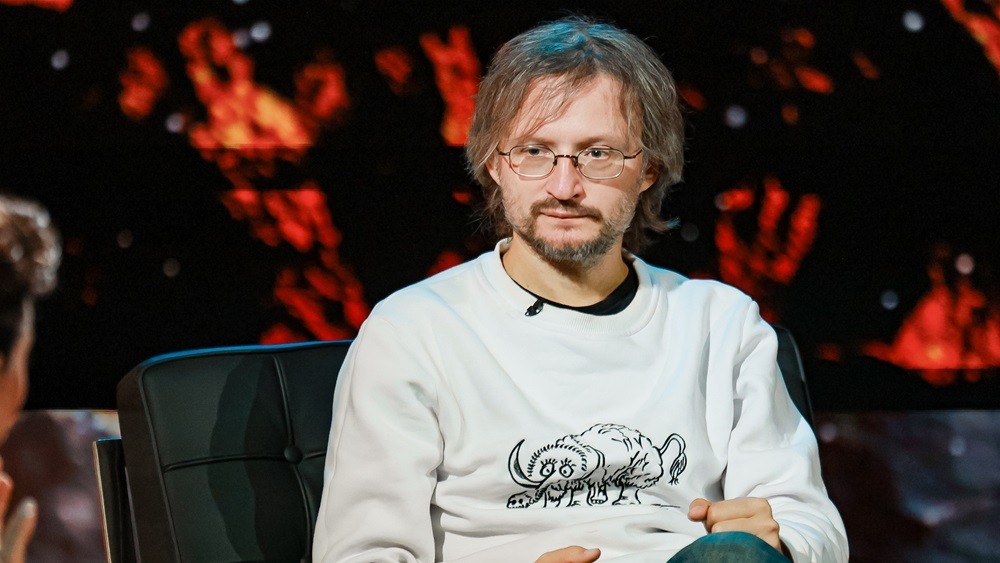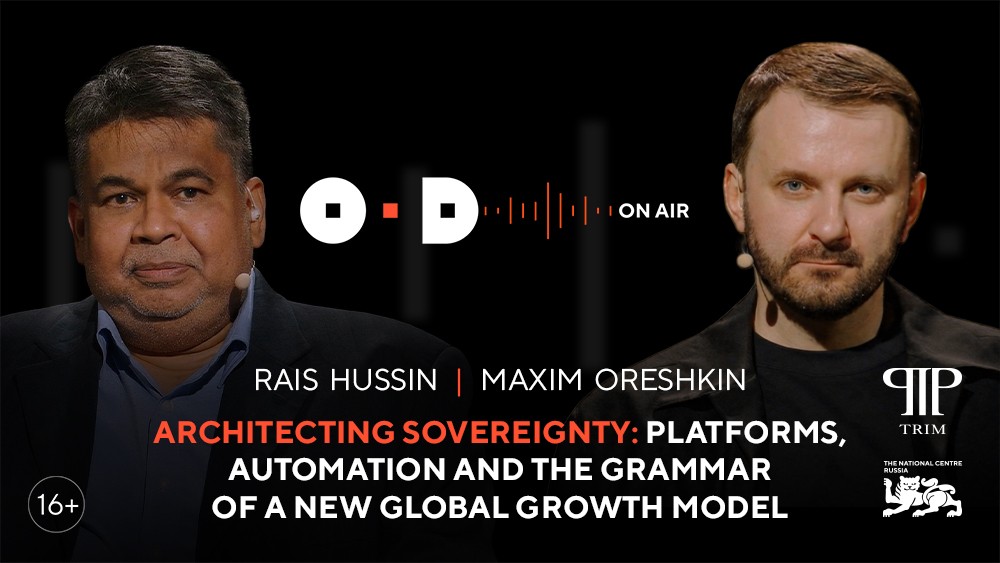The panel discussion "Scientific and Educational Dynasties of Russia" took place at the National Centre RUSSIA
On Saturday, February 8, the National Centre RUSSIA held the Russian Science Day. The program included plenary sessions, discussions, lectures, and an interactive quiz. During the panel discussion "Scientific and Educational Dynasties of Russia," Russian scientists and educators shared the history of their families and their scientific achievements.
Deputy Minister of Science and Higher Education of the Russian Federation Olga Petrova congratulated the event participants on Russian Science Day.
"I would like to express my gratitude to all of you, dear colleagues, for coming here today and demonstrating the traditional values on which our country is built. Your dynasties help preserve and pass on our traditions, the value code that unites us all. You are an example of how it should be," said Olga Petrova.
Representatives of five dynasties working in various scientific fields — pedagogy, philology, medicine, and geology — spoke at the event. Among them was the medical-pedagogical dynasty of the Sokovs, whose combined professional experience totals 242 years, and the pedagogical dynasty of the Osokovs-Bulavkins, with 181 years of service. The Blagoveshchenskys have dedicated more than 170 years to serving the country, with four generations of their family devoted to teaching. The event also featured the Postnikov family, which has contributed 230 years to geology, and the Tyutyaev-Yevtushenko dynasty, whose experience in pedagogy exceeds 325 years.
"The founder of our dynasty, Alexei Vasilievich Osokov, was a Doctor of Philology and a professor. He had a large family with four children, all of whom followed in his footsteps. This is how a love for language and science became a tradition in our family, dating back to Soviet times. Today, we pass this love on to our children so that our dynasty continues," said Klim Bulavkin, Head of the Department of History and Humanities at Orekhovo-Zuyevo State University of Humanities and Technology.
The first member of the medical-pedagogical Sokov dynasty was Leonid Petrovich Sokov, a participant in the Great Patriotic War, Doctor of Medical Sciences, Professor of Traumatology and Orthopedics, and an Honored Scientist of the Russian Federation. Thanks to the work of Leonid Petrovich and his son, Yevgeny Leonidovich, thousands of people were relieved of pain and successfully recovered from severe injuries. The dynasty is known for inventing the Sokov surgical suture, developing the osteogenic theory of pain, and introducing the method of intraosseous therapy.
Another participant in the event, the Tyutyaev-Yevtushenko family, shared their secret to raising future scientist-educators.
"Our parents always raised us with love and understanding, fostering in us a desire for freedom and independence from an early age. Their support is what encouraged us to choose the path of teaching. For us, the most important thing is future generations — their education and upbringing. After all, without this, the progress of our society would be impossible," said Daniil Yevtushenko.
The event dedicated to the Russian Science Day at the National Centre RUSSIA gathered more than 400 participants from across the country. They learned about key trends in science and its development, as well as the integration of inclusive education.
More photos at the link.
Event photobank
Artificial intelligence opens up new opportunities, but it also brings new risks.
Scientists have made a sensational discovery in the study of Neanderthal culture: a bone with an engraving has been found, the meaning of which has not yet been fully deciphered.
During the podcast, Rais Hussin and Maxim Oreshkin discussed key issues shaping the modern world.






